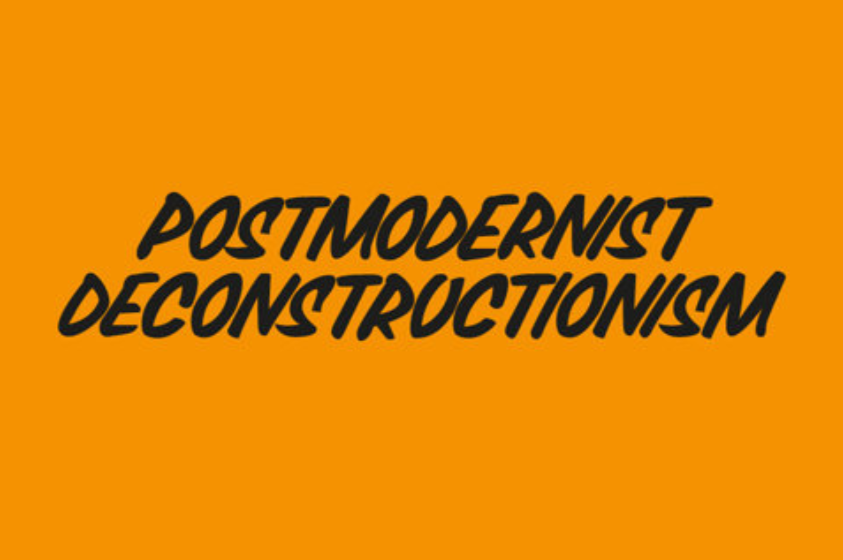Servant Leadership can also be called socially responsible leadership, caring leadership, or even steward leadership. Boiled down to its essence, this is a leadership philosophy that makes caring about people the most important thing.
It would be difficult to argue that leaders should not care about people. But, while most critics would agree that caring leaders are needed in the world, some have argued that this leadership style subtly and deceptively contains gender bias, a patriarchal stance, and a strong representation of the myths and moralities in the Judeo-Christian tradition. Some have even referred to it not as a leadership philosophy but a leadership theology pointing out what they consider a strong religiosity and the occasional reference to the word “spiritual” in some of the literature.
Although Servant Leadership in recent years has steadily gained recognition as a viable model for positive, ethical and efficient leadership among leadership experts and social scientists such as Margaret Wheatley and Peter Senge from the MIT Sloane School of Management, it is by no means a universally-accepted paradigm.
The main criticism is that this model of leadership is paradoxically both ambiguous and and over-prescriptive, as this framework a) doesn’t catalogue empirically observable behaviors and b) doesn’t take into account the diverse perspectives and insights that arise within a community, instead relying on a predetermined ideology. This, according to critics, is counterintuitive to the post-modern age of facilitative approaches to decision-making in which all stakeholders participate and retain their own autonomy culturally and ideologically.
I can appreciate some of these criticisms, and the fact that Robert Greenleaf was a white, male Christian easily opens this model up to being discredited. At some point, I hope to write a response to an essay criticizing Servant Leadership from a feminist perspective. In that piece, I will respond to the micro-analysis and socio-cultural deconstruction of the assumptions, aims, language and contradictions inherent in this leadership philosophy.
For now, I just want to make one point.
Stewardship is an attitude of wanting to take care of our world. A person who has an attitude of wanting to help (be of service), will identify problems and work to find ways to solve those problems. If that person winds up in a position of formal authority, he is likely to want to develop people on his team or in his organization. This means he will be able to notice frustration in those who feel they lack a voice. He will most likely want to remove that frustration or help to neutralize it by adopting a participative approach in which that person will have a voice. And the organization will be all the better for it, because the information gleaned from the participative process will most likely lead to more informed decisions. This will help the enterprise and help sustain long-term relationships within the community, team or organization.
So, the assumption that Servant Leadership necessarily precludes an egalitarian approach to decisions is just that. An assumption. And, an unexamined one, at that.
The key is empathy. When a person of formal authority genuinely cares about people and has a compassionate attitude, he will use whatever leadership models and strategies available to him that can get the best results and maximize the benefits for the largest amount of people. Sometimes, this will be participative, and sometimes it might be transformational. Leaders who serve (or servants who lead) are the ultimate situational leaders because they are aware and emotionally intelligent enough to understand the full potential of these models and strategies.
We can go around in circles, critically analyzing and making sure never to allow any one theory, individual, group or position to dominate (a major preoccupation that postmodernists/deconstructionists have), or we can be honest about the fact that leaders will always be around and that we need to promote at the very least the fundamental value of having a heart.
Heart matters in a world of need.

